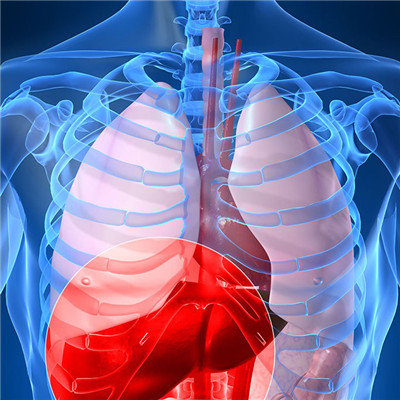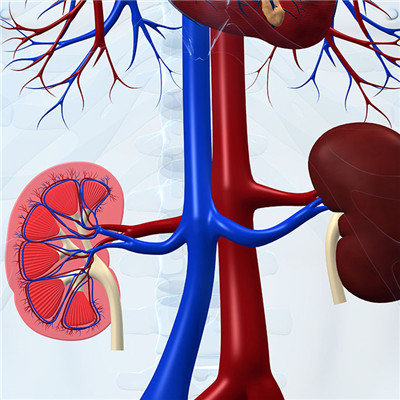What's the disease of always being suspicious?
summary
There are some people in our life who have hypochondriasis for some reasons and always feel uncomfortable. They always feel sick and suspect that they have cancer, AIDS, heart disease and so on. They often go to the hospital for various examinations, but they can't find any disease. They are more worried. They live in restlessness and fear all day long and suffer from insomnia, loss of appetite, chest tightness, shortness of breath, depression, depression, etc Loss of interest, pessimism and despair. Actually, this is the symptom of hypochondriasis. Are you sick?
What's the disease of always being suspicious?
Hypochondriasis, also known as hypochondriac neurosis, is a kind of neurosis. Neuroneurosis, also known as neurosis or psychoneurosis, is the general term of a group of mental disorders, including neurasthenia, obsessive-compulsive disorder, anxiety disorder, phobia, somatoform disorders and so on. Patients feel pain and hinder psychological or social functions, but there is no proven organic pathological basis. The course of disease is mostly persistent or paroxysmal.
Hypochondriasis refers to a kind of neurosis that makes unrealistic pathological explanation for one's own feelings or signs, causing the whole mind and body to be occupied by the resulting doubts, worries and fears. It is characterized by excessive concern for one's own health and hard to eliminate prejudice. Generally speaking, patients suspect that they are suffering from a disease that does not exist in fact.
Hypochondriac patients with unique psychological performance, excessive attention from the viscera and limbs of a variety of feelings. Patients often have abnormal sensory experience, but also very concerned about the face, tongue coating, pulse, weight, urine and so on. They are very sensitive to lifestyle changes and atmospheric changes, and easy to "acclimatize". Studies have found that patients with hypochondriac disease are very timid and afraid of biological danger, such as snake bite, dog bite, fire and water, traffic accident, darkness and death.
matters needing attention
There are many hypochondriac patients with prominent dependence, dependence on their parents is easy to transfer to the doctor. Temperament characteristics such as irritability, nervousness and annoyance are also common. Some people do have physical weakness, such as autonomic nervous function instability, easy to catch a cold and so on. Others are stubborn, never willing to fail, unwilling to admit defeat, ambitious but repressed.












